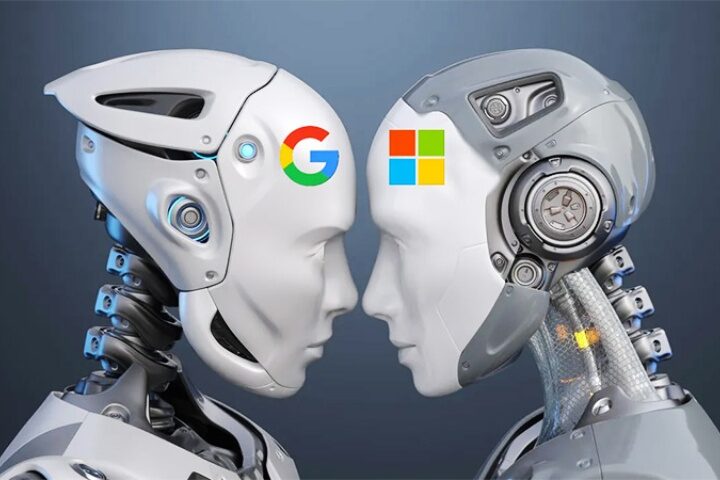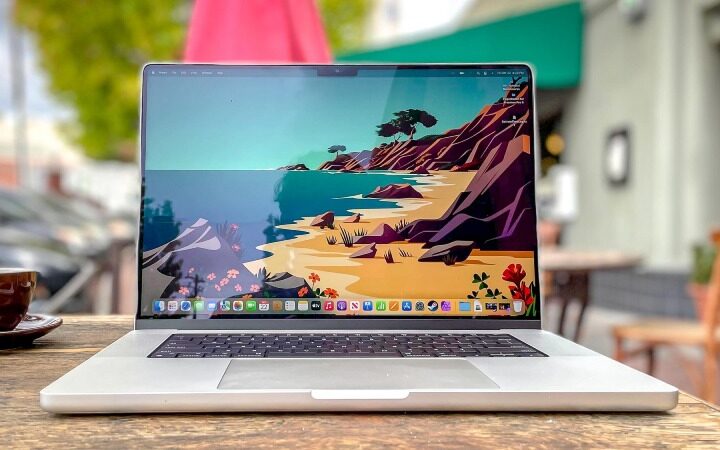Artificial Intelligence (AI) is an amazing thing, according to Microsoft founder Bill Gates, who was hosting OpenAI CEO Sam Altman. However, he was “very skeptical” about ChatGPT at first and hadn’t anticipated it to get “so good”.
The tech tycoon also expressed his worries about the new and quickly advancing technology “with no upper bound” in an edition of his podcast, “Unconfuse Me with Bill Gates”.
“The idea that technology performs at human levels in many domains, including assistance and sales calls, even if it isn’t performing new science. Along with this positive thing, I suppose you and I do worry that it will force us to adapt more quickly than we have ever had to,” stated Bill Gates.
In response, Altman stated that this is the disturbing aspect of artificial intelligence.
It’s not like we need to change. It’s not that people aren’t incredibly adaptive. We’ve had these enormous technological changes, and an important part of the jobs that people perform can change over a few generations. Interestingly, we appear to adapt to these changes very well over time, according to OpenAI.
He went on to say that there have been “great technological revolutions” on the earth, and that this one will be the fastest by far. Each technology revolution has gotten faster over time.
The rate at which society will need to adjust and the extent to which the labor market will shift is what I think could be a little unsettling, according to Altman.
Additionally, Bill Gates listed three worries he has concerning AI: One is that the system is controlled by a villain. Human purpose. And how may AI be used to organize society?
“Hopefully, that issue is lessened if we have good guys with equally strong systems. He went on to elaborate on his initial worry, saying, “There’s a chance of the system taking control.”
Regarding the “human purpose,” Gates stated, “I get a lot of excitement that, hey, I’m good at working on malaria, and malaria eradication, and getting smart people and applying resources to that.” The moment the machine says, “Bill, go play pickleball; I’ve eradicated malaria.” If you’re just a slow thinker, then that is a confusing philosophical idea.
“Yes, we will enhance education, but we are still unsure of exactly how this will be accomplished if it reaches this extreme. Regarding his third issue, he stated that, “for the first time, the chance that might come in the next 20 years is not zero.”
In response, Altman stated, “Even though we are giving something up here, there will be things that are smarter than us in some ways.” We’ll discover new activities if we can navigate this post-scarcity world. They will feel extremely different,” he continued, suggesting that perhaps you should choose which galaxy to enjoy and what to do with it rather than trying to find a cure for malaria.
“I have faith that we will always have issues, and that there will always be fresh opportunities for us to fulfill our needs, support one another, and comprehend how we play our human games for one another-all of which will continue to be extremely significant,” he remarked.
“It will undoubtedly be different, but I believe that there is only one way out: through. We really must go do this. It is certain to occur. The development of technology is now unstoppable. The worth is very high. It does feel like it’s going to be so different, but I’m fairly confident-very confident-that we can make it work,” the CEO of OpenAI continued.
- Compared to Lamborghinis or McLarens, the Corvette ZR1 hits 60mph faster - December 21, 2024
- A fierce AI war has erupted between Google and OpenAI - December 21, 2024
- The Hindi version of Salaar: Ceasefire, starring Prabhas, also made a big impression on digital platform after Box Office - December 19, 2024









